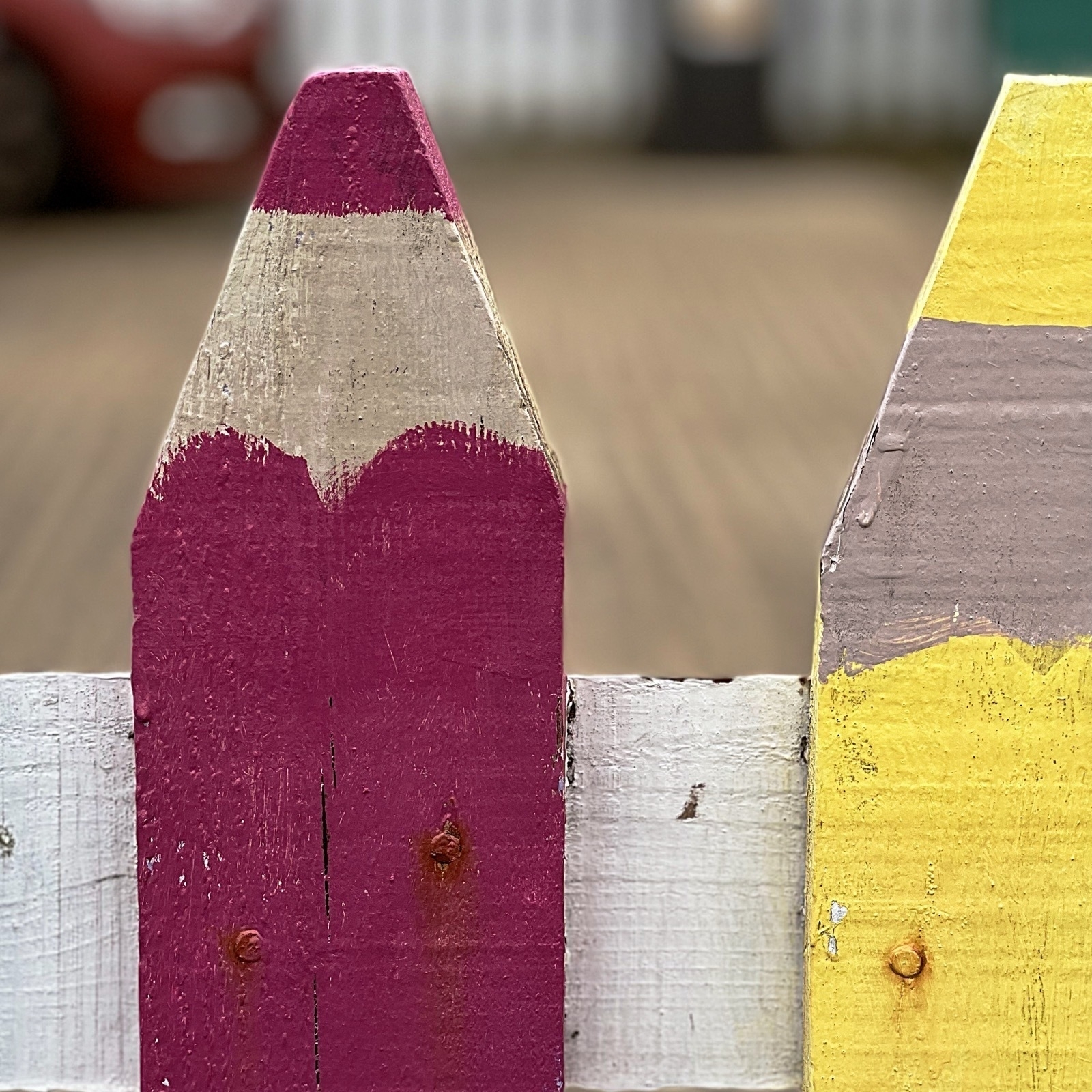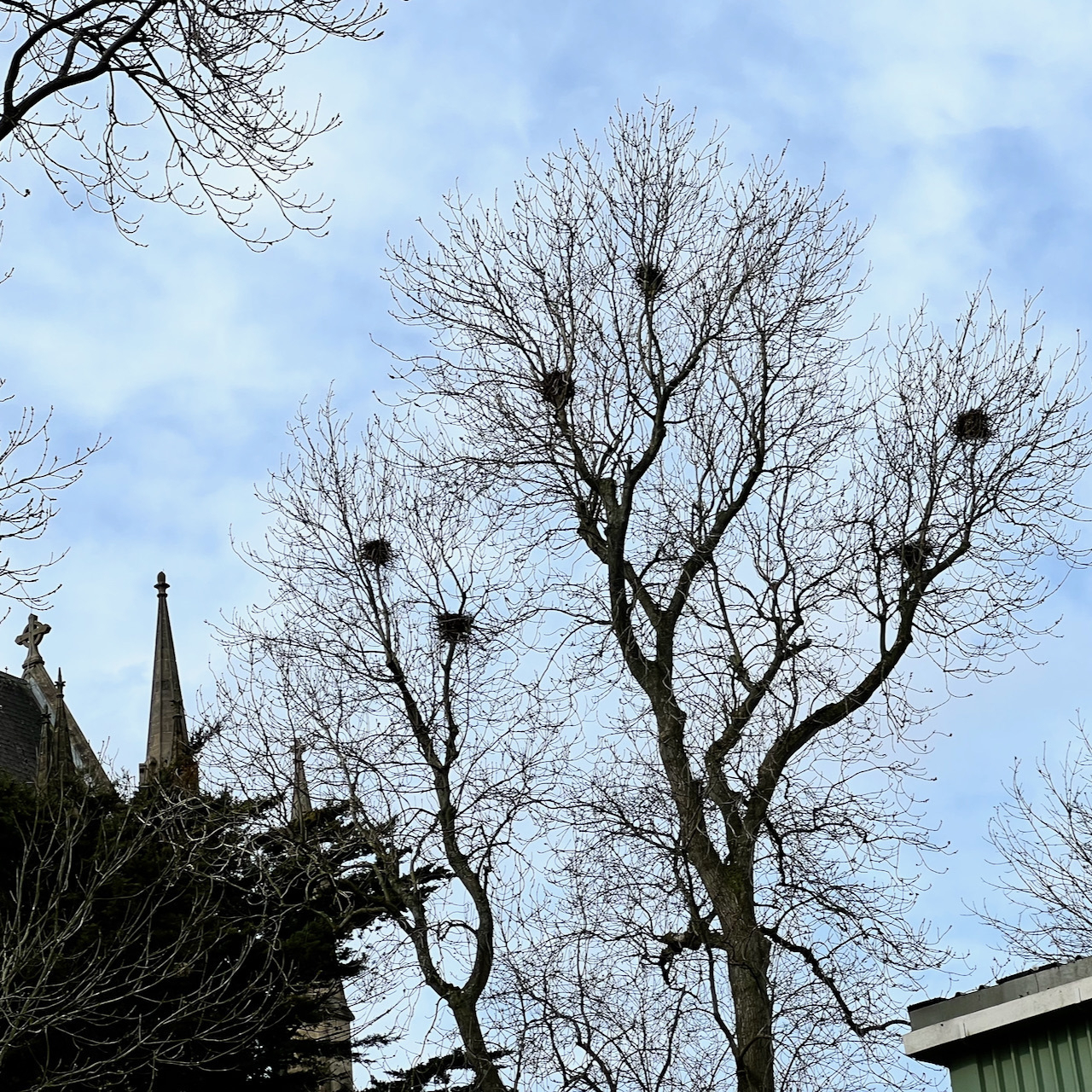I was completely unaware that today was Friday the 13th until I read John Naughton’s daily post.
Two hours left to avoid bad luck!
Was slightly thrown to see @maique out of context — in the Fastmail newsletter.
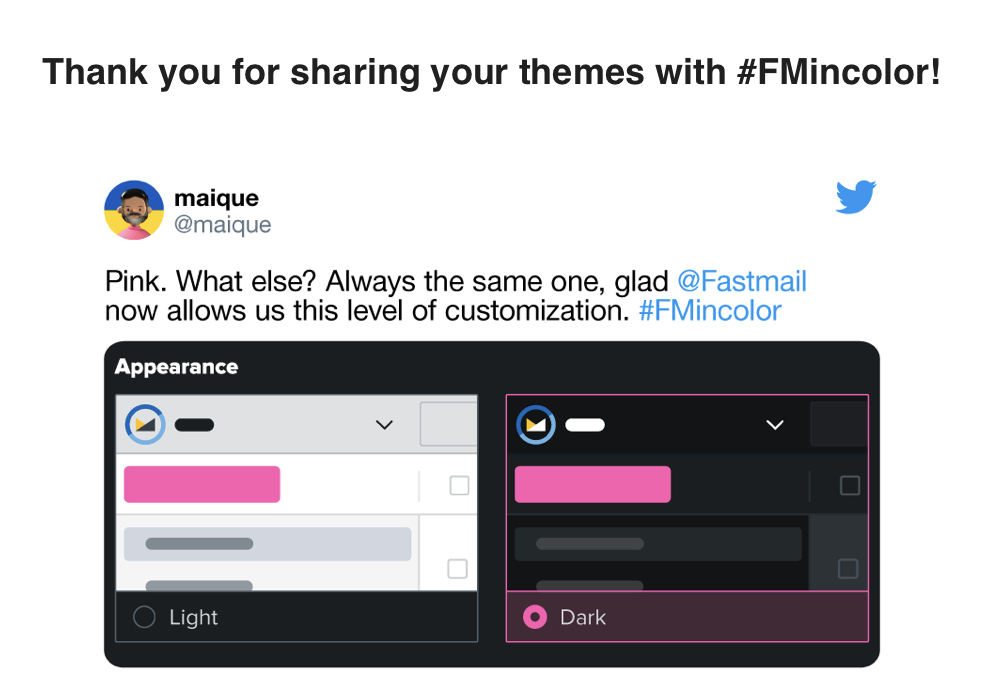
📷 May Photoblogging
Day 12: Tranquility
Down by the harbour arm, sharing half an hour and hot drinks with my eldest.
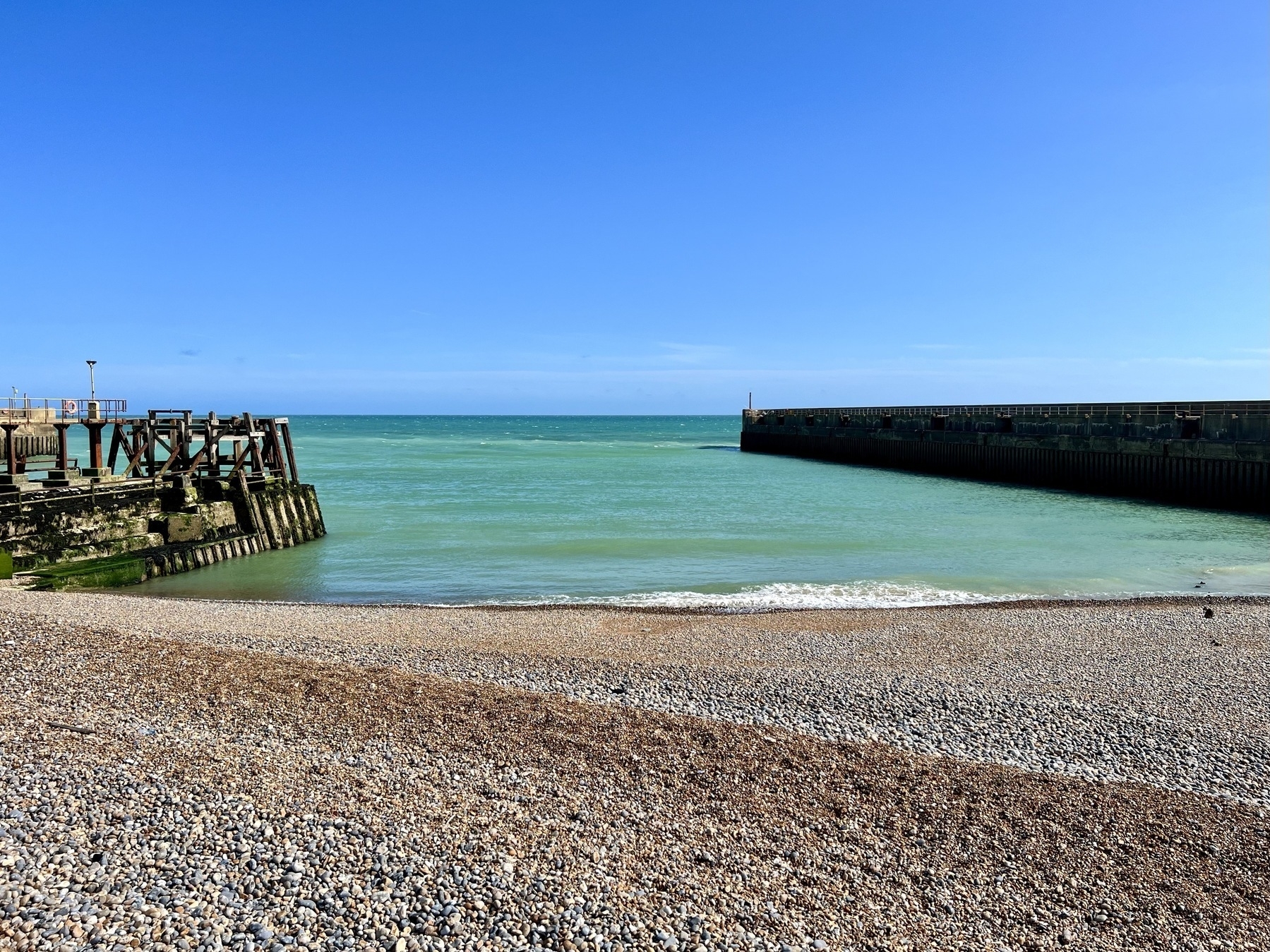
All my photos from this challenge | All photos in the challenge
Thanks to today’s theme from @challenges, I find myself debating whether my hoodie is, in fact, maroon or not.
After years of doing digital work, editing a (print) book can be a challenge. “Oh, I’ll pop a link in to explain… oh, right, can’t do that…”
📷 May Photoblogging
Day 10: Pot
I’m fond of this pot. And yes, I know that the pot inside the pot is a bit too big. I just don’t care.

All my photos from this challenge | All photos in the challenge
Can anyone point me to the master list of May Photoblogging prompts? My attempts to locate it have failed…
This is very good. And no, it’s not what you’re assuming…
BBC Reveals Secret “Woke Agenda” with Latest Doctor Who Casting (Satire, obviously)
🏴🏴🏴🏴♥️♥️🟦
We’ll see more of this: Apple’s Director of Machine Learning Resigns Due to Return to Office Work.
Remore working policies are going to become a key recruitment/retention battleground for companies — and rightly so. The last two years have proved it can work.
📷 May Photoblogging
Day 8: Union
The union of car and house. I’ll eventually get used to the fact that I plug my car in these days. But after decades of fuel being something you got elsewhere, it’s a mindset shift.

Nobody warns you about the “getting your daughter to swimming lessons for 7.30am on a Sunday” part of parenthood.
😴
I’ve given the May photoblogging posts their own category. It’s a good incentive to keep up with it…
📷 May Photoblogging
Day 5: Earth
When we moved in, our garden was full of rubble from the old boat yard that was on the site originally. Years of work (and compost making) have turned it into some pretty good soil now…
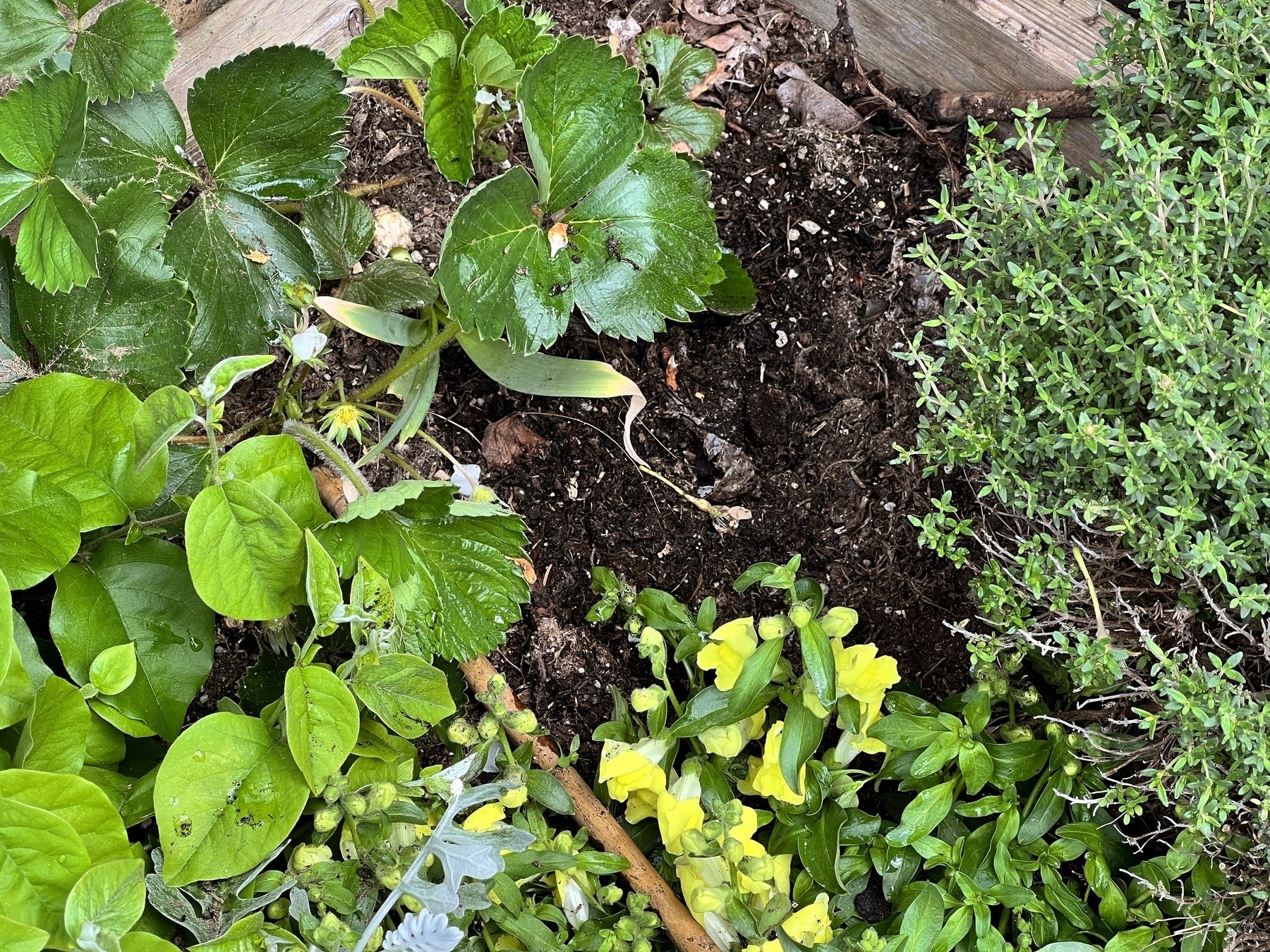
This may be the best ever typo-driven page:
(I particularly like “Cryptographic hache”)
